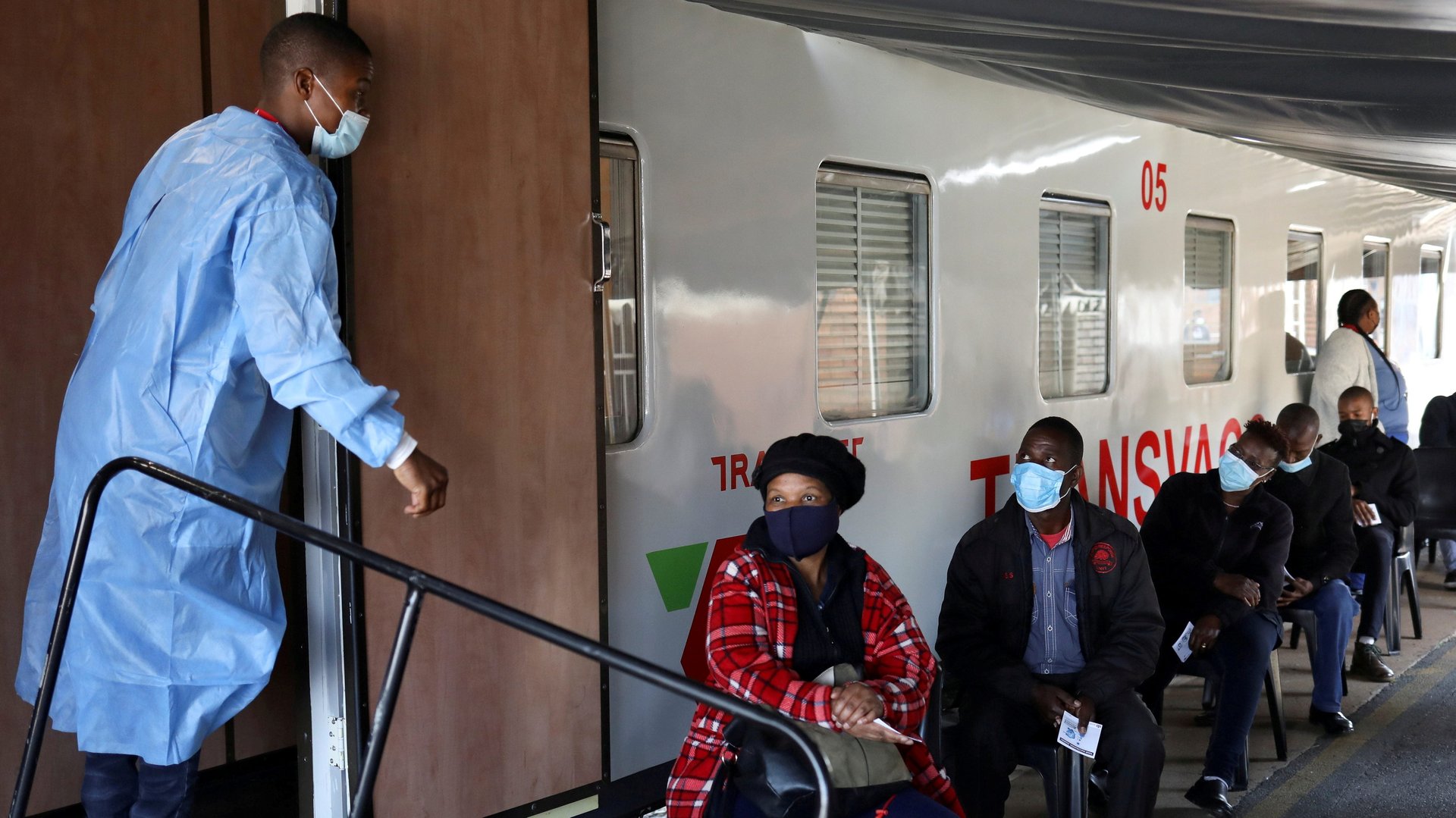Vaccinating the world for covid-19 would cost 0.5% of G20 spending on the crisis
As a new variant of the coronavirus spreads throughout the world, the Organisation for Economic Cooperation and Development is stressing that expanding vaccination to the global population is key to a sustained recovery—and it would cost just a fraction of what the world’s wealthiest countries have spent to prop up their economies.


As a new variant of the coronavirus spreads throughout the world, the Organisation for Economic Cooperation and Development is stressing that expanding vaccination to the global population is key to a sustained recovery—and it would cost just a fraction of what the world’s wealthiest countries have spent to prop up their economies.
The OECD estimates it would cost $50 billion to vaccinate the entire world for covid-19, representing 0.5% of the $10 trillion that G20 countries have spent so far to weather the economic impact of the crisis.
“When you balance things out, $10 trillion for supporting our economy going through the pandemic, compared with $50 billion to bring the vaccine to the entire world population, that looks completely disproportionate,” OECD chief economist Laurence Boone told Bloomberg today (Dec. 1).
Vaccine inequity remains an issue as omicron transmission worsens
While it’s not yet clear whether vaccines will prove as effective in protecting people against severe cases of the omicron variant, few people in low-income parts of the world have yet to even receive their first dose. The World Health Organization estimates that 64% of people from high-income countries have received at least one dose of a covid-19 vaccine, compared to less than 8% of people from low-income countries.
The global covid-19 vaccine distribution effort, which is led by Covax, has been hampered by logistical setbacks and wealthier countries’ resistance to share vaccines. Although leaders including US president Joe Biden have spoken publicly about the need for vaccine equity, as of October, high-income countries had only met 14% of their global vaccine pledges.
Wealthier countries have now imposed bans on travelers from southern Africa in response to omicron, which was first identified in the region. Francois Venter, a researcher at University of the Witwatersrand in Johannesburg, told the New York Times it wasn’t surprising to see new variants emerge in Africa given the continent’s continued lack of vaccine access. “It feels like these rich countries have learned absolutely nothing in terms of support,” he said.
OECD sees vaccine distribution as barrier to economic recovery
The OECD said it expects global inflation to remain higher for longer than previous projections had indicated, peaking at 5% by the end of this year before falling to around 3.5% by the end of next year. The global economic recovery remains increasingly uneven, the agency said, warning that lower-income countries where vaccination rates are low could be left behind. And if vaccine inequity persists, Boone said in a news conference today, inflation levels could remain high for a longer period of time, with consequences for the entire global economy.